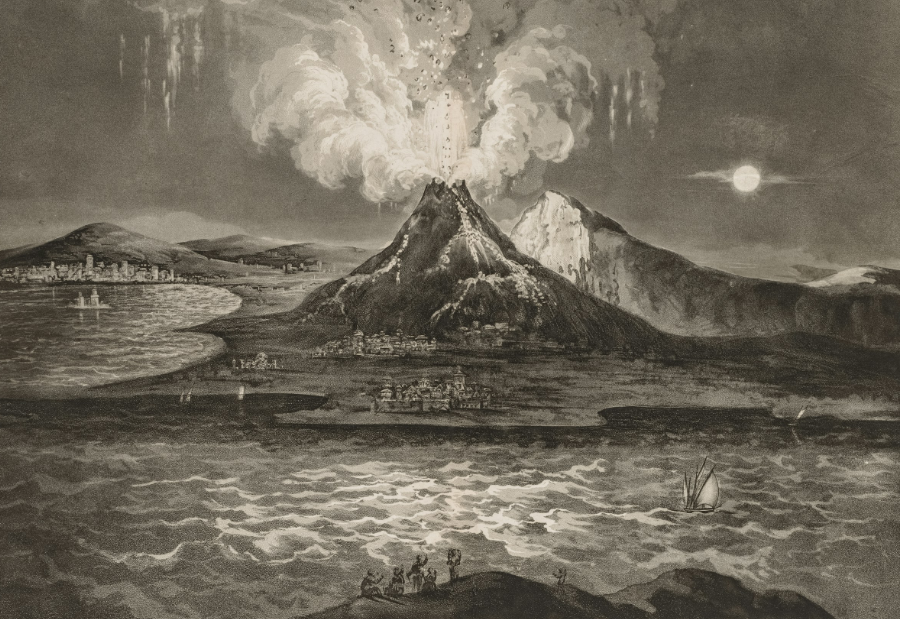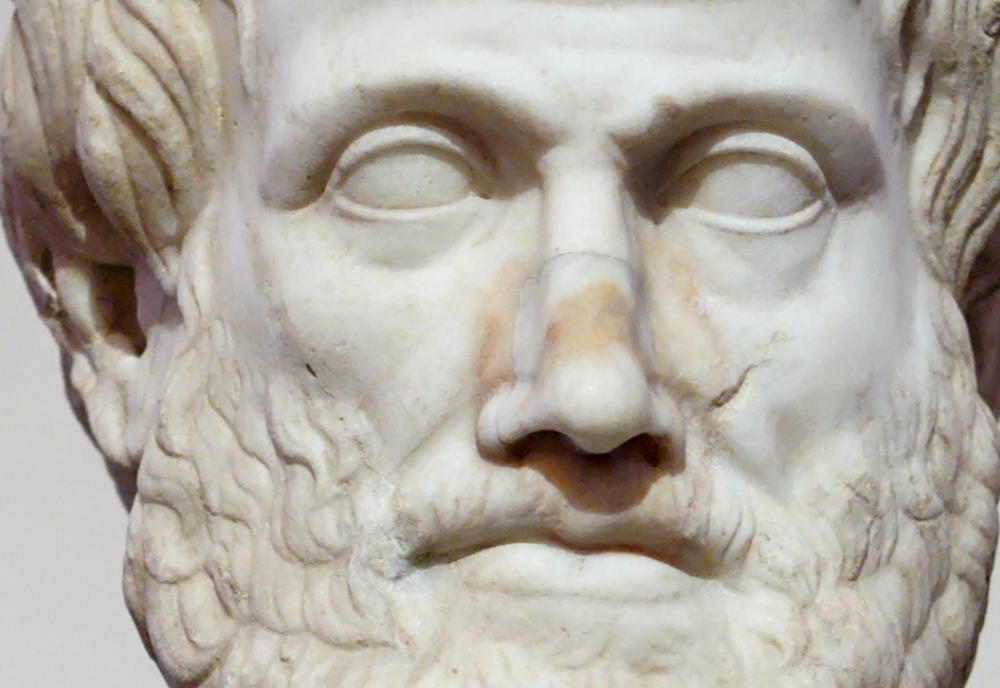In 1989, as the Soviet Union crumbled, historian Francis Fukuyama now infamously proclaimed “the end of history”. His reasoning was that now that humanity had witnessed the unparalleled success of liberal democracy no reasonable person could possibly desire anything other than liberty and nothing could challenge the success of free-market capitalism.
Fukuyama is most regularly criticised for his failure to anticipate the rise of religious extremism as a competing ideology, but increasingly it appears his biggest failing was his inability to predict the allure of dictatorship.
The last decade has witnessed a weakening of the global democratic order with a worrying decline in the ranks of true democracies. Turkey, Hungary, and Russia have all taken steps towards nationalism whilst even democracies like India and Brazil have seen a growth in cult heroes with dictatorial persuasions.
What has been most surprising is the concerning rise amongst those living in reasonably progressive democracies beginning to question the very institution of democracy. This is, however, not by chance.
The intention of the Russian government, when it allegedly intervened in the 2016 US elections, wasn’t just to get the leader with the more amenable foreign policy elected. It was to undermine the trust Americans had in their democratic institutions. In this endeavour, Vladimir Putin succeeded beyond his wildest dreams.
Misinformation and the propagation of conspiracy theories serve to encourage doubt in the political systems that have served us for generations. And, in a world where democracy has brought us Trump, Johnson and Morrison, it’s easy to find reason to doubt.
So, bizarrely, I find myself forced to mount a defence of the very institution that many around the world continue to risk their lives just to experience.
Firstly, let’s state the obvious: democratic countries are better places to live. The human development index is a score given to nations based on a number of variables such as life expectancy, education, and per capita income. In the top 30, all but one (Hong Kong) is a democracy.
But why is this the case? Is this pure coincidence? Is there another variable? Fortuitously, Daron Acemoglu and James Robinson explored this very question in their brilliant book Why Nations Fail. They found that for nations to succeed over an extended period of time, one of the most crucial imperatives was a perpetually growing economy. And, for an economy to grow, it required innovation.
For innovation to be forthcoming, it first needs to be allowed. This means that existing technologies, systems, or power structures need to be able to be replaced. A concept known in economics as ‘creative destruction’.
In a nutshell, it means that if someone comes up with a more efficient way of doing things, then that person’s idea replaces the old way of doing things and the country experiences economic growth as a result.
What happens if the existing power structure doesn’t want to be replaced? In a democracy, it has no defence against innovation except for adaptation. Ultimately, it must innovate, too. In a non-democratic country, however, where the rule of law is not strictly upheld, those holding power have a raft of means to suppress any challenge to their power.
The very concept of ‘liberal democracy’ has not faced a more grave threat since World War II, and it is now more than ever that we must unapologetically defend its virtues.
This has been exemplified in countless instances throughout history. The Ottoman Sultan feared railways could threaten his centralised power, and so banned them. Much of the Middle East remains less developed than Europe to this day. The city state of Venice witnessed its economy stagnate as its once-liberal merchant class devolved into a quasi-aristocracy that prohibited competition. There is a litany of examples throughout human history that exemplify a common rule: the more democratic a state, the more successful it is. The Roman, British and US empires all commenced their growth by being more democratic than their rivals of the time.
Indeed, whilst China has witnessed unparalleled economic growth in recent decades, its rise is more comparable to that of the Soviet Union in the first half of the 20th century. The Soviet Union initially experienced dazzling economic growth due entirely to a massively overdue industrialisation – in essence, catching up with the West. China will undoubtedly experience the same stagnation unless it develops the capacity for creative destruction.
China is notorious for stealing the intellectual property of others and, despite its size and resources, hasn’t given the world a meaningful innovation in centuries. For that to occur, it would need to liberalise its political system so that any person has the power to challenge those in power, armed only with innovative ideas.
The flaws of democracy have been evident for humanity to see in recent years, as clearly incapable men have found themselves as leaders. A suggested antidote to this state of affairs is the myth of a “meritocracy”. Let’s be clear: meritocracy is merely a dictatorship by another name. Who decides what deserves merit if the people have no voice?
History has never granted us an example of a benevolent dictatorship. To quote Lord Acton: “Absolute power corrupts absolutely.” This was evidenced in recent years by President Xi of China anointing himself as dictator for life. He has no intention of stepping aside if a more meritorious contender presents himself or herself. And the Chinese political system lacks any mechanism to force him.
Add to this the basic value of liberty. It is your freedom to openly question our system of government and my freedom to write this piece. These are freedoms we must continually fight for, but they are freedoms we still take for granted. It is ironic that those in the West that criticise democracy are doing so utilising a liberty they would not possess in its absence.
The very concept of ‘liberal democracy’ has not faced a more grave threat since World War II, and it is now more than ever that we must unapologetically defend its virtues.
Democracy will produce imperfect results because the society that forms the crucial components is imperfect. Rather than turning to a different system of government that history proves to be inferior, we must instead work together to improve the quality of the cogs in the democratic machine.
Now is the time to fight to strengthen democracy, not abandon it.
This article, originally published on author’s own blog on 30 August 2019, has been re-published with the his permission.
Photo by interestedbystandr on Flickr















And it’s not just the creative destruction of capitalism that serves democracies well. As Steven Pinker points out in his latest book, Rationality, there are other rational systems in democratic institutions that strengthen the checks and balances of democracies’ system of governance: peer-review in academia, testability in science, fact-checking and editing in journalism, adversarial proceedings in the judicial system.
All these systems aim to ensure that truth is pursued and power constantly challenged (albeit imperfectly).
This mornings article from ‘The Conversation’, (a good history lesson), is inter-twined with ‘In Defence of Democracy’, by Carrick Ryan, (a must read).
If we are not careful, we (Australia), could easily loose our freedoms.
Lets hope not.
Thanks, John Barrell